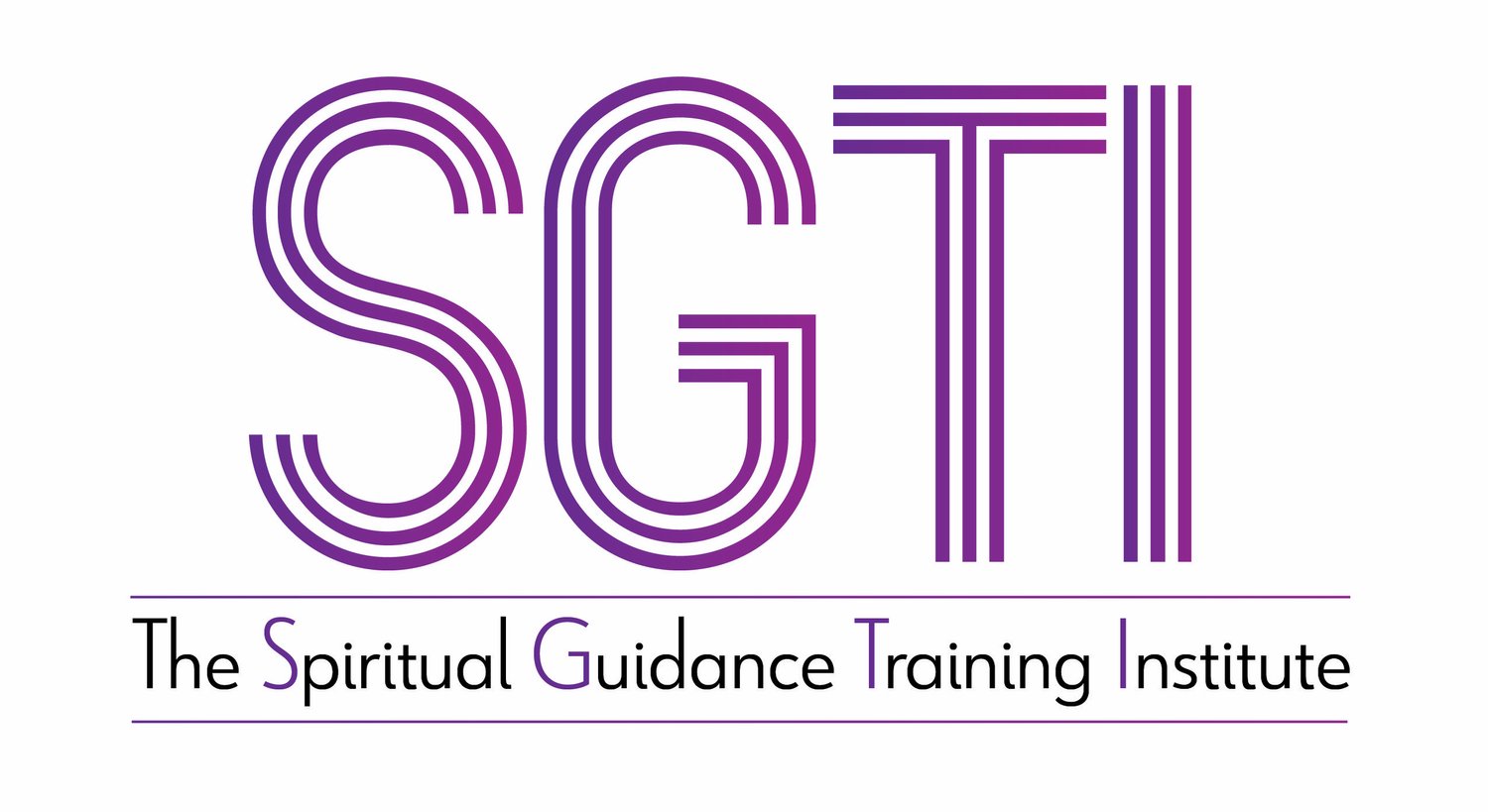Compassionate Sacred Activism, Mass Violence and Trauma, Part II
6/28/24
My heart is moved by all I cannot save:
So much has been destroyed
I have cast my lot with those
Who age after age, perversely,
with no extraordinary power,
reconstitute the world.
-Adrienne Rich
In each of our Plum Village practice centers around the world,
we have a lotus pond.
Everyone knows we need to have mud for lotuses to grow.
The mud doesn’t smell so good, but the lotus flower smells very good.
If you don’t have mud, the lotus won’t manifest.
You can’t grow lotus flowers on marble.
Without mud there can be no lotus.
-Thich Nhat Hanh
How do spiritual guides engage in compassionate sacred activism
around mass violence and trauma?
Part 2
Mystics, scientists, and practitioners agree that contemplative practices support compassionate sacred activism and engagement.
The following are some practical and pragmatic ways to engage:
Practices such as attention to the breath, reciting mantras, personal and group reflection, loving-kindness meditation, daily ritual mindful walking, yoga, dancing, creating an altar, holding silence, singing, contemplative creativity, participating in vigils and marches, and individual/group spiritual direction open our awareness towards justice (see contemplativemind.org, Kaira Lingo Jewel, and Beverly Lanzetta’s work for more).
From a healed and regulated place, some questions a spiritual guide might reflect on in and outside of a session include:
What is stirring within you?
What is happening in your body?
What feelings are emerging for you?
Is there anything you need to unlearn from your upbringing or education?
What if you don’t feel qualified to sit or walk with another? or a group?
How important is it for you to see partial truths in each point of view? Can you reject any invalid aspects in each perspective?
Buddhist teacher, social activist, and founder and head teacher of Upaya Zen Center in Santa Fe, Roshi Joan Halifax writes about “edge states”, or conditions that create a world where all can thrive without fear and with health and happiness. They are psychological experiences that are at once internal as well as external, intra-personal and inter-personal. Halifax describes five edge states, each with a shadow side:
Empathy: Empathic distress. “When we are able to sense into the suffering of another person, empathy brings us closer to one another, can inspire us to serve, and expands our understanding of the world. But if we take on too much suffering of another, and identify too intensely with it, we may become damaged and unable to act.”
Respect: Disrespect. “Respect is a way we hold beings and things in high regard. Respect can disappear into the swamp of disrespect when we go against the grain of values and principles of civility, and disparage others or ourselves.”
Engagement: Burnout. “Engagement in our work can give a sense of purpose or meaning to our lives, particularly if our work serves others. But overwork, a poisonous workplace, and the experience of a lack of efficacy can lead to burnout, which can cause physical and psychological collapse.”
Altruism: Pathological altruism. “Selfless acts of service to others are essential to the well-being of society and the natural world. But sometimes, our seemingly altruistic acts harm us, harm those whom we are trying to serve, or harm the institutions we serve in.”
Integrity: Moral suffering. “Integrity points to having strong moral principles. But when we engage in or witness acts that violate our sense of integrity, justice, or beneficence, moral suffering can be the outcome.”
With this perspective, compassionate sacred activism and engagement looks like observing the range of problems in the world as well as the range of beauty and goodness and participating in justice-centered and loving acts in support of being our best selves and helping others to be their best selves. In this present context of global mass violence and trauma, we learn from Roshi Joan: “I have come to view compassion as the way to stand grounded and firm on the precipice and not fall over the edge. And when we do fall over the edge, compassion can be our way out of the swamp.”


